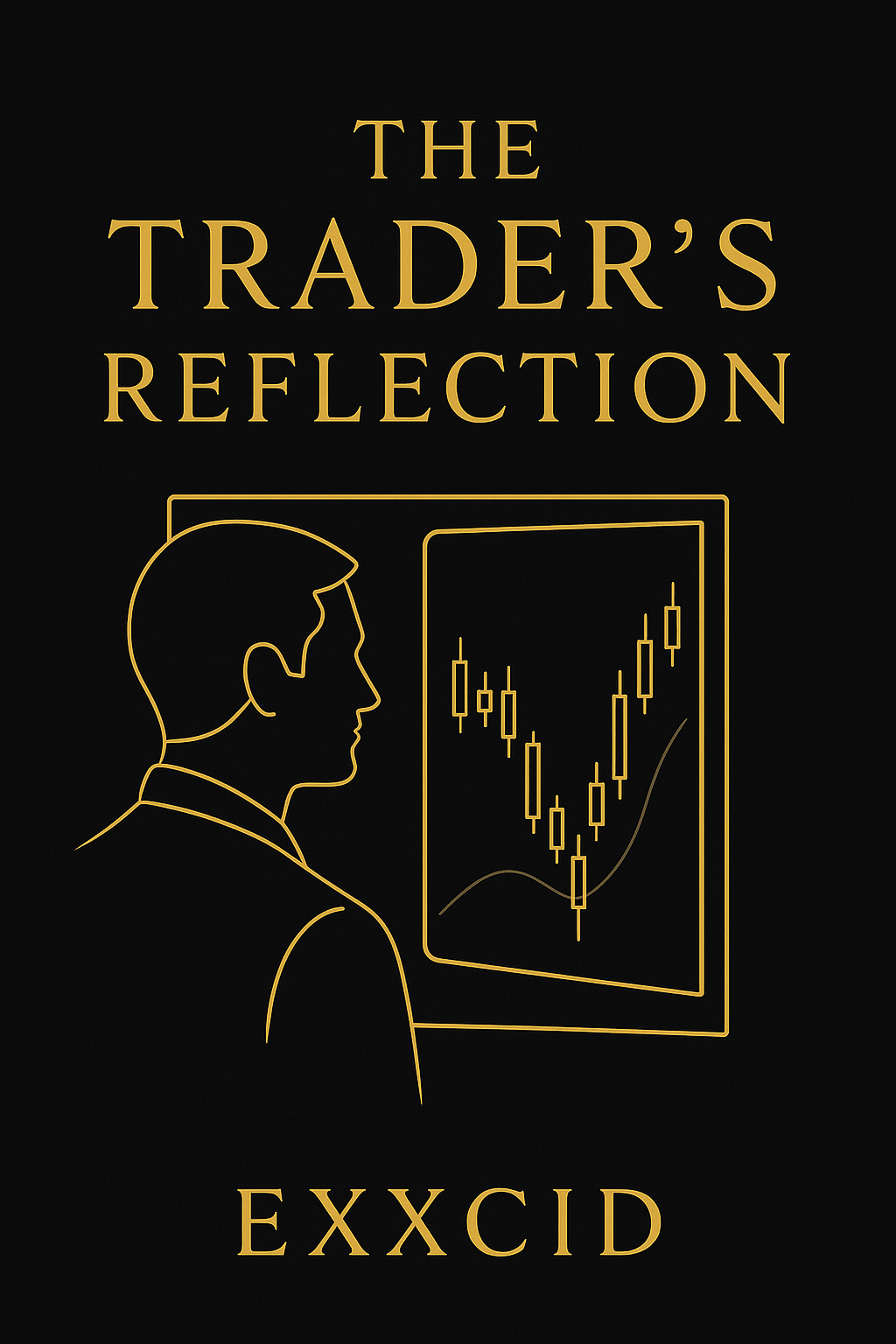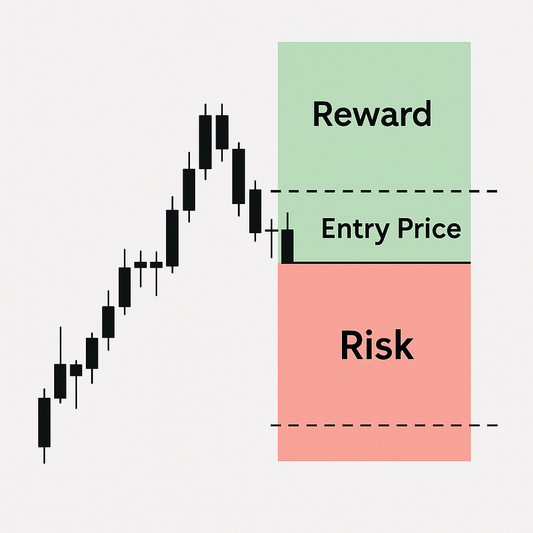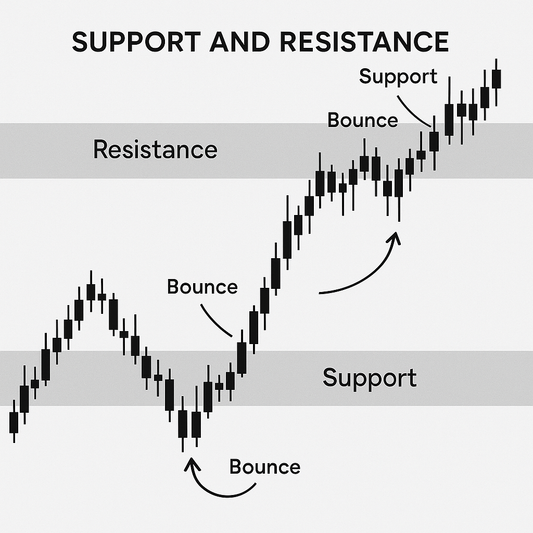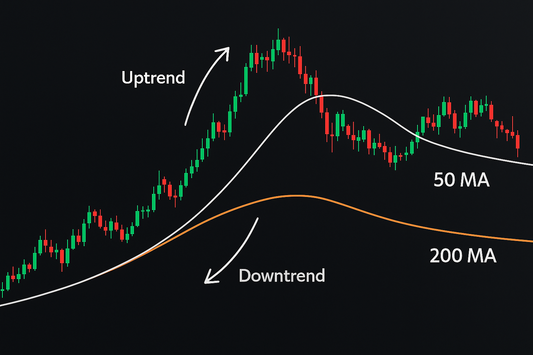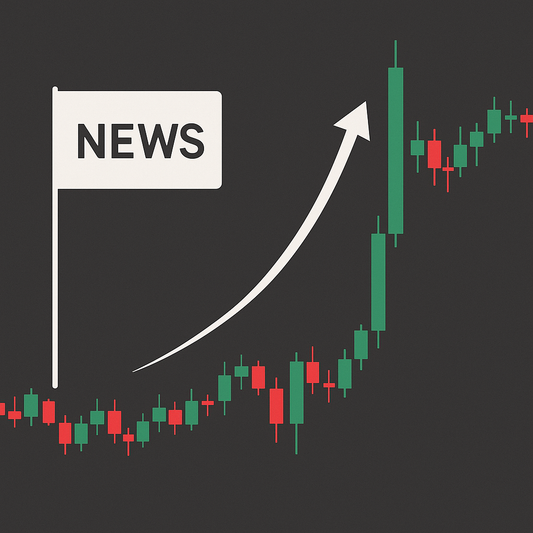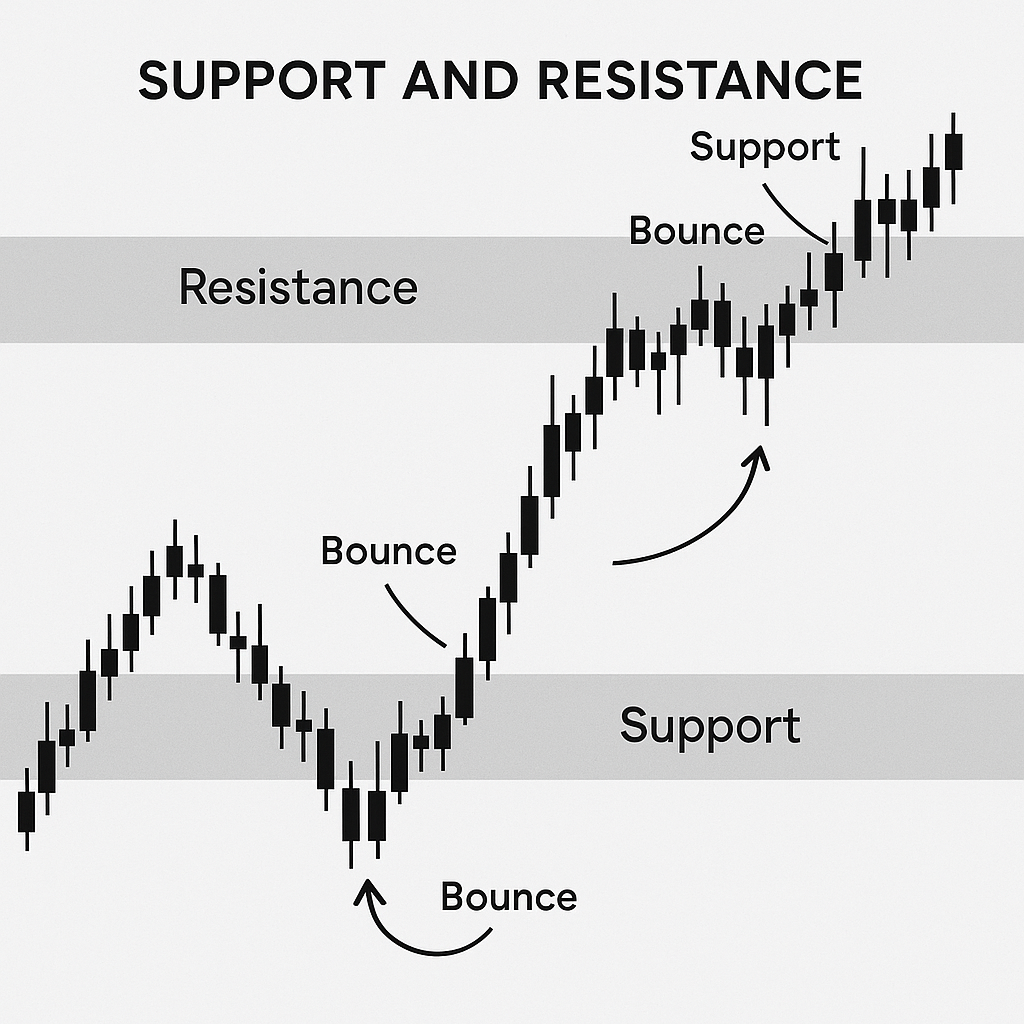
How to Trade Support and Resistance Like a Professional
Jeffery ObiagwuShare
Introduction to Support and Resistance
Why They Matter in Trading
Support and resistance (S/R) levels are the backbone of technical trading. They show where buyers or sellers repeatedly step in, causing price to reverse, pause, or explode. Trading without them is like driving blindfolded.
How Pros Use Them Differently
Professional traders:
-
Pre-mark levels before price gets there
-
Use zones not exact lines
-
Combine with volume and price action for precision
What Is Support? What Is Resistance?
Support as a Price Floor
A price level where buying pressure exceeds selling pressure. Price tends to bounce here.
Resistance as a Price Ceiling
A price level where selling pressure overcomes buyers. Price often stalls or reverses.
Different Types of Support and Resistance Levels
Horizontal Levels
-
Found at prior highs/lows
-
Most reliable and easy to spot
Dynamic Levels
-
Moving Averages (e.g., 50 EMA)
-
Trendlines drawn diagonally
Psychological Levels
-
Round numbers (e.g., 100.00)
-
Widely watched and respected
How to Identify Key Levels on a Chart
-
Swing Highs and Lows: Look for areas where price reversed multiple times
-
Volume Clusters: Combine with volume profile to find high-activity zones
-
Round Numbers: Whole or half-dollar levels tend to attract interest
How to Draw Support and Resistance Accurately
Using Wicks vs. Bodies
-
Wicks: Show extremes
-
Bodies: Show consensus close prices
Best practice: draw zones that cover both.
Line vs. Zone Approach
-
Use zones for flexibility
-
Avoid precision that leads to false assumptions
Support Becomes Resistance (and Vice Versa)
Flip Zones
Once price breaks a level, it often flips roles.
Example: A broken resistance becomes new support.
Entry Opportunities on Retests
Wait for a pullback to the flip zone with confirmation (like bullish engulfing).
Trading Strategies Using Support and Resistance
Bounce Trades
-
Enter on rejection at the level
-
Use candlestick confirmation
Breakout Trades
-
Trade clean break of support/resistance
-
Confirm with volume or retest
Trap and Reversal Setups
-
Price fakes out past level
-
Reverses strongly and traps breakout traders
Combining with Candlestick Patterns for Entries
-
Pin Bars: Rejection wicks at key levels
-
Engulfing Bars: Strong reversal signals
-
Dojis: Indecision that may precede reversal
Stop-Loss and Target Placement
-
Stop: Below support or above resistance
-
Target: Next logical S/R level
-
R:R Ratio: Aim for 2:1 or better
Support and Resistance Across Timeframes
Daily vs. Intraday Levels
-
Higher timeframes carry more weight
-
Use lower timeframes for fine-tuning entries
Top-Down Analysis for Accuracy
Start from monthly → weekly → daily → 4H
Mark major levels before trading small moves.
Common Mistakes When Trading Support and Resistance
-
Misplacing Levels: Use actual price reactions, not guesswork
-
Overcomplicating Charts: Don’t draw too many lines
-
Trading Every Touch: Wait for context and confirmation
Best Tools and Platforms for Marking Levels
-
TradingView: Best for drawing and saving zones
-
MetaTrader 4/5: Popular for Forex traders
-
Thinkorswim: Feature-rich for equity traders
FAQs About Support and Resistance
1. Are these levels always accurate?
Not 100%—they’re zones, not exact price points.
2. What causes price to respect these levels?
Order clustering, historical volume, and market psychology.
3. Can S/R be used in all markets?
Yes—stocks, Forex, crypto, futures—they all respond to key levels.
Conclusion and Trading Blueprint
Trading support and resistance is about mastering structure. Once you can confidently read levels, anticipate reactions, and manage risk, your confidence and consistency will grow. Start small, keep it simple, and build your skill daily.
📘 Master Market Psychology with “The Trader’s Reflection”
Levels don’t lie—but your emotions might. The Trader’s Reflection helps you build emotional control, patience, and mental clarity so you can execute S/R trades like a seasoned pro. Combine structure with mindset for unstoppable growth.
➡️ Get your copy of The Trader’s Reflection today and trade key levels with full confidence.


